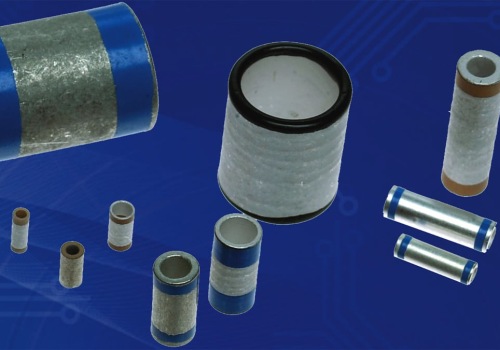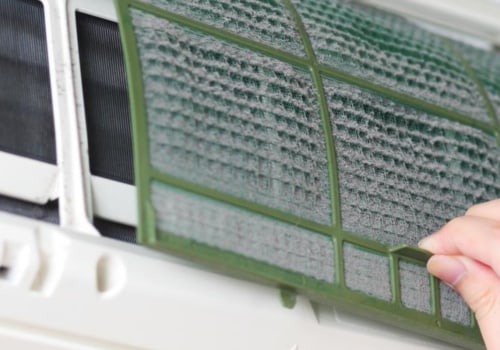If you don't change the AC filter, it will start to fail. You will no longer be able to filter the air properly, allowing dust and contaminants to enter the air conditioner. Dust clogs moving parts of an air conditioner, such as fan motors and valves. Airflow is restricted, creating a strain on the system.
If the air filter is clogged and can't trap contaminants like it used to, those things can go back to the air that everyone in your home breathes. Immediate problems may include headaches, itchy eyes or throat, and dizziness. If air filters are not changed and problems persist, long-term effects could be respiratory disease, heart disease, or cancer. Replacing the air filter and having the HVAC system inspected regularly are part of a preventive maintenance routine.
Failure to change the air filter can damage other parts of the system and result in a large repair bill in the future. Changing air filters on a regular basis can help preserve the life of your system and make it work more efficiently. A clogged air filter makes it difficult for your unit to work properly. The amount of effort caused by a dirty filter means that the motors in your systems are working harder than they were designed to work.
This results in much higher than normal utility bills. In fact, according to the Department of Energy, a clogged filter can cause a 15% increase in energy consumption. The danger of not changing the air filter in the house for a long time is that it will eventually lead to damage to the oven. This means that the entire system will be destroyed by excess heat.
Getting the most value out of your home can be as easy as changing air filters. Homeowners who ignore filters in their heating and air conditioning systems risk increasing energy costs, damaging expensive equipment, and decreasing indoor air quality and personal health. Let's just say that while changing your air conditioner filter is a simple thing to do, it can have a huge impact on your HVAC performance, life expectancy, and possibly even your health. Filters with higher MERV ratings trap small particles more effectively than filters with lower MERV ratings.
If you haven't changed your home's air filters lately, the next step should be to determine which filters you need and replace them as soon as possible. But why is this? How can something as simple as changing an air filter be so important? The truth is that not changing your air filter on a regular basis can cause a number of problems with your HVAC system. In general, filters with a MERV 16 rating or lower are considered HVAC system grade filters for residential, commercial, and general hospital use. Personally, I always change my filters every 30 days and recommend the same to my customers: the EPA recommends at least inspecting their filter every month.
Depending on the type of air filter you use, you will need to follow different programs to ensure that the filter is always working and achieving optimal performance. In addition to damage to your air conditioning system, not changing the filter frequently also results in a poor life experience. When air filters are not constantly changed, they become clogged by the accumulation of particles and contaminants that adhere to the filter. In general, most air filter manufacturers and HVAC companies recommend changing the air filter every 90 days or 3 months.



